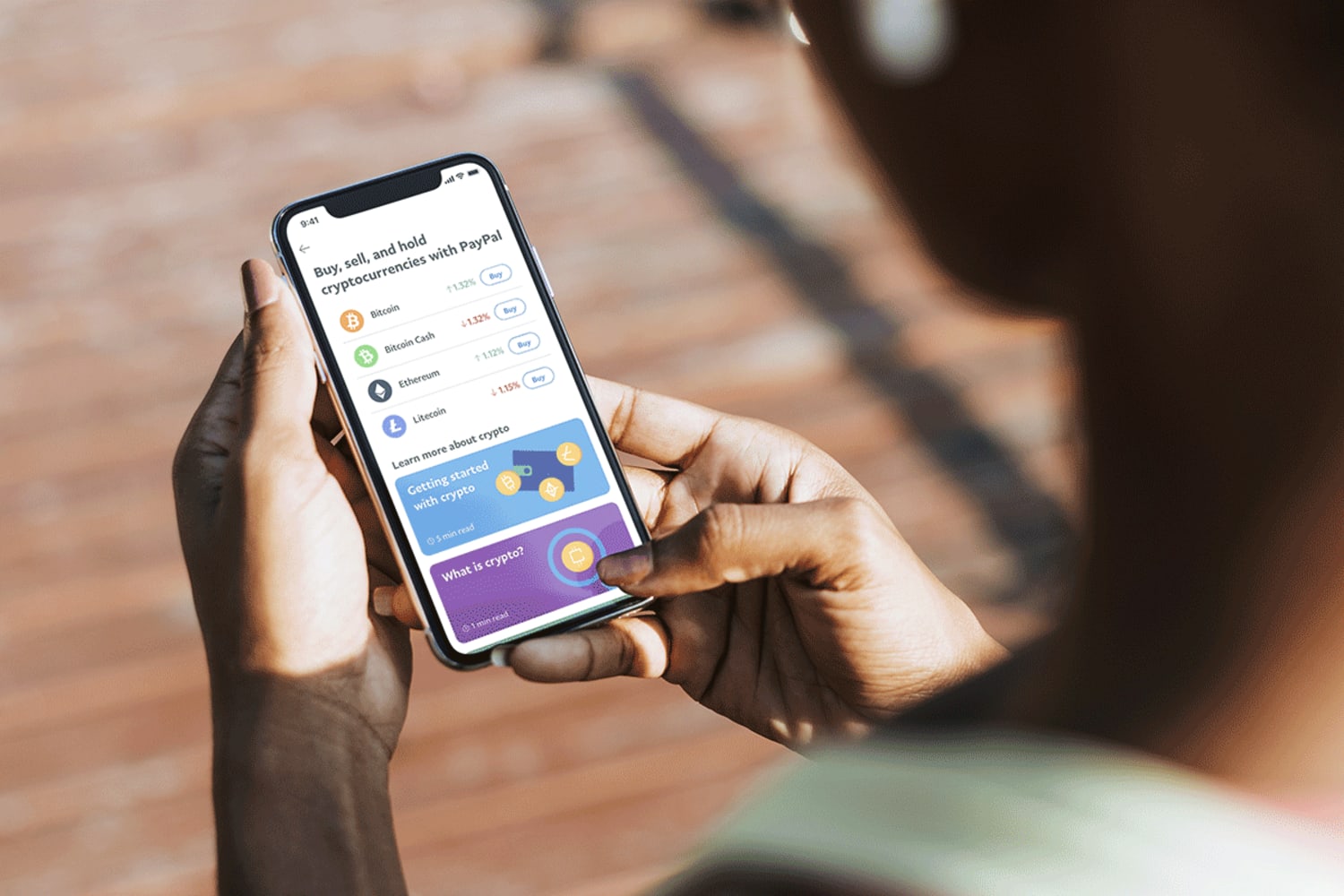Digital payments are on the rise. More than three-quarters (78%) of Americans use some form of digital payment, according to November 2020 findings from McKinsey. Global habits reflect the same pattern; the global digital payments industry is projected to hit $6.6 trillion in 2021, a 40% increase from 2019. Is this shift a strong enough argument to introduce nationally regulated digital currencies?
Several countries seem to think so. In early 2021, the Bank of International Settlements revealed that 86% of the 65 central banks it spoke to are doing some form of work on central bank digital currencies (CBDCs), from research, to proofs of concept, to pilot development.
China is leading the pack. It is currently piloting a digital yuan, with plans to eventually roll out the electronic currency for mass public use. Over the past year, the People’s Bank of China has distributed several million dollars’ worth of the digital currency via an app connected to six major, state-owned banks, according to CNBC.
Major cities including Beijing, Chengdu and Shenzhen have joined the pilot program in recent months, as have Tencent-backed WeBank and, most recently, Alibaba’s Ant Group-backed MYbank. China may even test the digital currency with foreign visitors at the 2022 Beijing Winter Olympics, CNBC revealed in April.
The US is getting five private-sector CBDC pilots. The nonprofit Digital Dollar Project announced in May that it will launch five pilot programs over the next year, in partnership with Accenture, to test the potential uses of an American CBDC—marking the first effort of its kind in the United States. Separately, the US Federal Reserve is working with the Massachusetts Institute of Technology (MIT) to build a technology platform for a hypothetical digital dollar.
Japan is also experimenting with digital currency. The Bank of Japan (BOJ) kicked off the first phase of testing in April 2021, which will continue through March 2022. This initial exploratory step will focus on testing the technical feasibility of issuing, distributing and redeeming a CBDC, the BOJ said in a statement.
The UK is exploring the implications of introducing a CBDC. In April, the UK Treasury and Bank of England launched a joint task force “to coordinate exploratory work on a potential central bank digital currency,” the UK Finance Minister Rishi Sunak said at a fintech industry conference on April 19. The Bank of England explained that—when and if it hits wallets—the currency would exist alongside cash and bank deposits, rather than replacing them.




